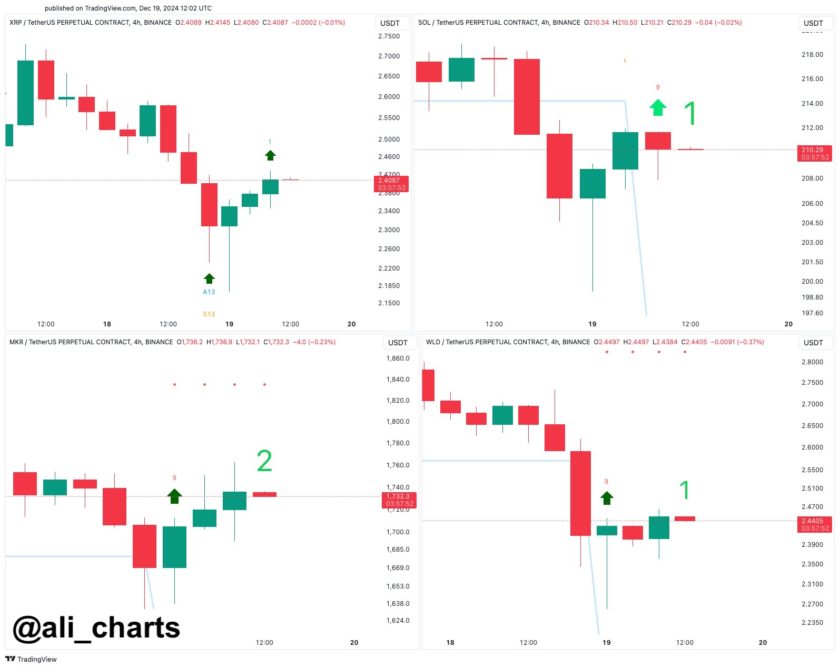A PwC Switzerland executive said that among the various types of digital asset, only digital currencies are can reasonably be used at present, according to a post on the PwC website July 31. In the post, Roland Stadler, Senior Manager and Data & Analytics Specialist at PwC Switzerland, claims that while digital assets “seem similar at first glance,” on closer inspection they differ.
Stadler makes a distinction between “digital assets” and “currencies,” because “only a few” can be considered currencies in the “literal sense of the word.” He then divides digital assets into three types; currencies like Bitcoin (BTC), utility tokens, and security tokens.
According to Stadler, currencies like BTC are both a payment instrument and a payment network in equal measure, which can be used without the involvement of a central institution. Utility tokens are “fuel” for using software or a service. Stadler cites Ethereum-based smart contracts to illustrate the difference between BTC and ETH, saying that while they are both used for speculation, “they could not be any more different.”
The third class of digital assets, security tokens, take the form of digital securities such as shares in companies or rights to future profits from a project. Stadler says that security tokens can be “tricky” from a regulatory perspective as they can fall under the same regulatory requirements as a company’s IPO.
Having defined the various types of digital assets, Stadler concludes that currency-like digital assets are currently the only useful ones, despite speculation on them in digital currency markets. According to Stadler, BTC is considered a long-term investment, with growing acceptance as a means of payment:
“Technical stability plays a particularly important role. Priority is given to security and resistance to external influence through conservative technological development … With fees amounting to just a few pennies, Bitcoin can bring significant benefits in terms of costs in the field of international trade, where traditional payment transactions can incur very high transaction fees.”
Stadler points out the high risk of failure for utility and security tokens, “even for above-the-board projects,” adding that, “[g]iven the current hype surrounding blockchain technology, the proportion of confidence tricksters is likely to be significant.”
On a final note, Stadler emphasizes the importance of BTC from a technological, sociological and economic perspective, also mentioning possible opportunities for innovative business models. Smart contracts and tokenization of real-world assets, as per Stadler, are in their infancy and will have some impact on business world in the future. As for ICOs, Stadler advises to “stay away” from them as they’re “mostly scams and even honest projects are so small that the market is easily manipulated.”




